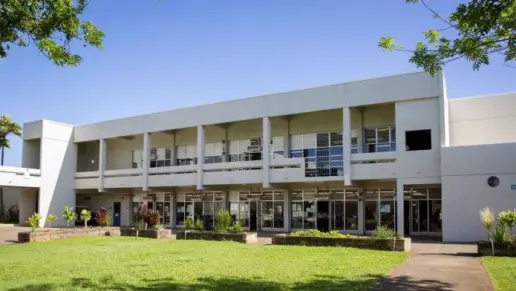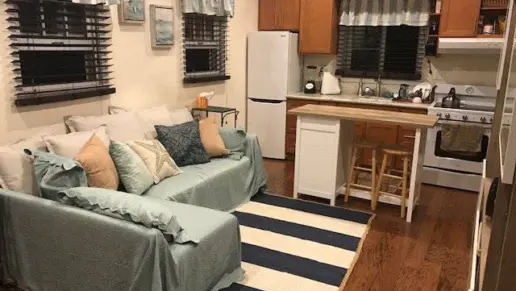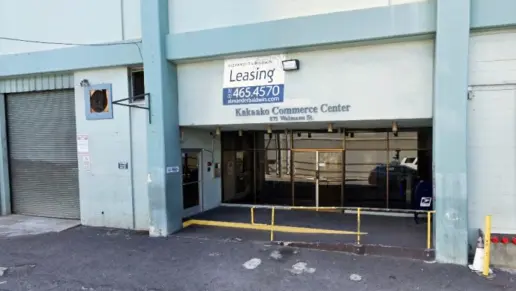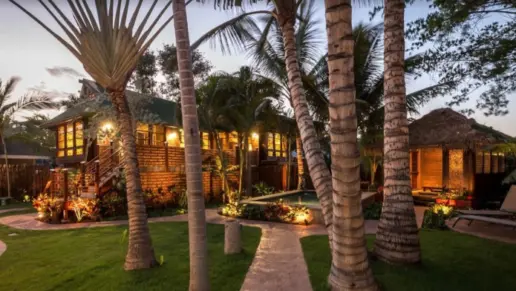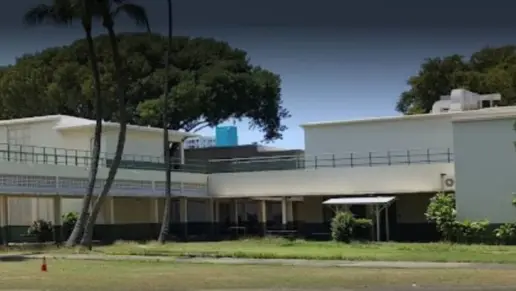About Freedom Recovery Services – Closed
Based in sunny Honolulu, Hawaii, Freedom Recovery Services is a now defunct nonprofit, accredited drug rehab facility. Care here was provided to adult women and men through targeted, gender specific programming. Medicaid and Medicare were accepted, while self pay was also available to uninsured clients.
Flexible Outpatient Addiction Treatment Services on Oahu’s Sunny South Shore
Clients here could benefit from calm, serene vibes and fresh ocean air at this island based rehab facility. Treatment here was offered on a strictly outpatient basis. Clients engaged in flexible therapy sessions with 12 step philosophies and teachings woven into programming.
This integration of 12 step methods helped clients focus on personal growth as well as spiritual principles to support themselves in the long term for a sustainable, successful sobriety.
Medical services and psychotherapy combined for a rounded, holistic treatment approach that covered all elements of addiction.
Addiction Recovery by the Sea in Honolulu
The facility was accredited by the Joint Commission and licensed by Hawaii’s Department of Health, reflecting a commitment to high quality care.
Meanwhile, there’s a lot to be said for location and it’s fair to say that the center’s proximity to various parks, green spaces, and stunning beaches definitely provided ample support for healing practices that could be integrated into the recovery journey. Whether that’s mindful exercise in the sand, or journaling, breathwork or meditation in the park, the local area provided a wealth of opportunities for wellness.
Rehab Score
Other Forms of Payment
Medicaid is a state based program that helps lower-income individuals and families pay for healthcare. Medicaid covers addiction treatment so those enrolled can use their coverage to pay for rehab. When a program accepts Medicaid the client often pays very little or nothing out of their own pocket.
Medicare is a federal program that provides health insurance for those 65 and older. It also serves people under 65 with chronic and disabling health challenges. To use Medicare for addiction treatment you need to find a program that accepts Medicare and is in network with your plan. Out of pocket costs and preauthorization requirements vary, so always check with your provider.
Self-pay involves paying for treatment out of your own pocket. You can use savings or credit, get a personal loan, or receive help from family and friends to fund your treatment. If you don't have insurance or your insurance plan doesn't cover a specific program, self-pay can help ensure you still get the care you need.
Addiction Treatments
Levels of Care
 Outpatient
Outpatient
 12-Step
12-Step
Treatments
The goal of treatment for alcoholism is abstinence. Those with poor social support, poor motivation, or psychiatric disorders tend to relapse within a few years of treatment. For these people, success is measured by longer periods of abstinence, reduced use of alcohol, better health, and improved social functioning. Recovery and Maintenance are usually based on 12 step programs and AA meetings.
Drug rehab in Hawaii is for individuals suffering from substance use disorders. Treatment addresses the many issues involved with addiction, typically through a combination of medical and psychotherapy treatments.
Opioid rehabs specialize in supporting those recovering from opioid addiction. They treat those suffering from addiction to illegal opioids like heroin, as well as prescription drugs like oxycodone. These centers typically combine both physical as well as mental and emotional support to help stop addiction. Physical support often includes medical detox and subsequent medical support (including medication), and mental support includes in-depth therapy to address the underlying causes of addiction.
Substance rehabs focus on helping individuals recover from substance abuse, including alcohol and drug addiction (both illegal and prescription drugs). They often include the opportunity to engage in both individual as well as group therapy.
Programs

Adult Program
Clinical Services
Group therapy is any therapeutic work that happens in a group (not one-on-one). There are a number of different group therapy modalities, including support groups, experiential therapy, psycho-education, and more. Group therapy involves treatment as well as processing interaction between group members.
In individual therapy, a patient meets one-on-one with a trained psychologist or counselor. Therapy is a pivotal part of effective substance abuse treatment, as it often covers root causes of addiction, including challenges faced by the patient in their social, family, and work/school life.
